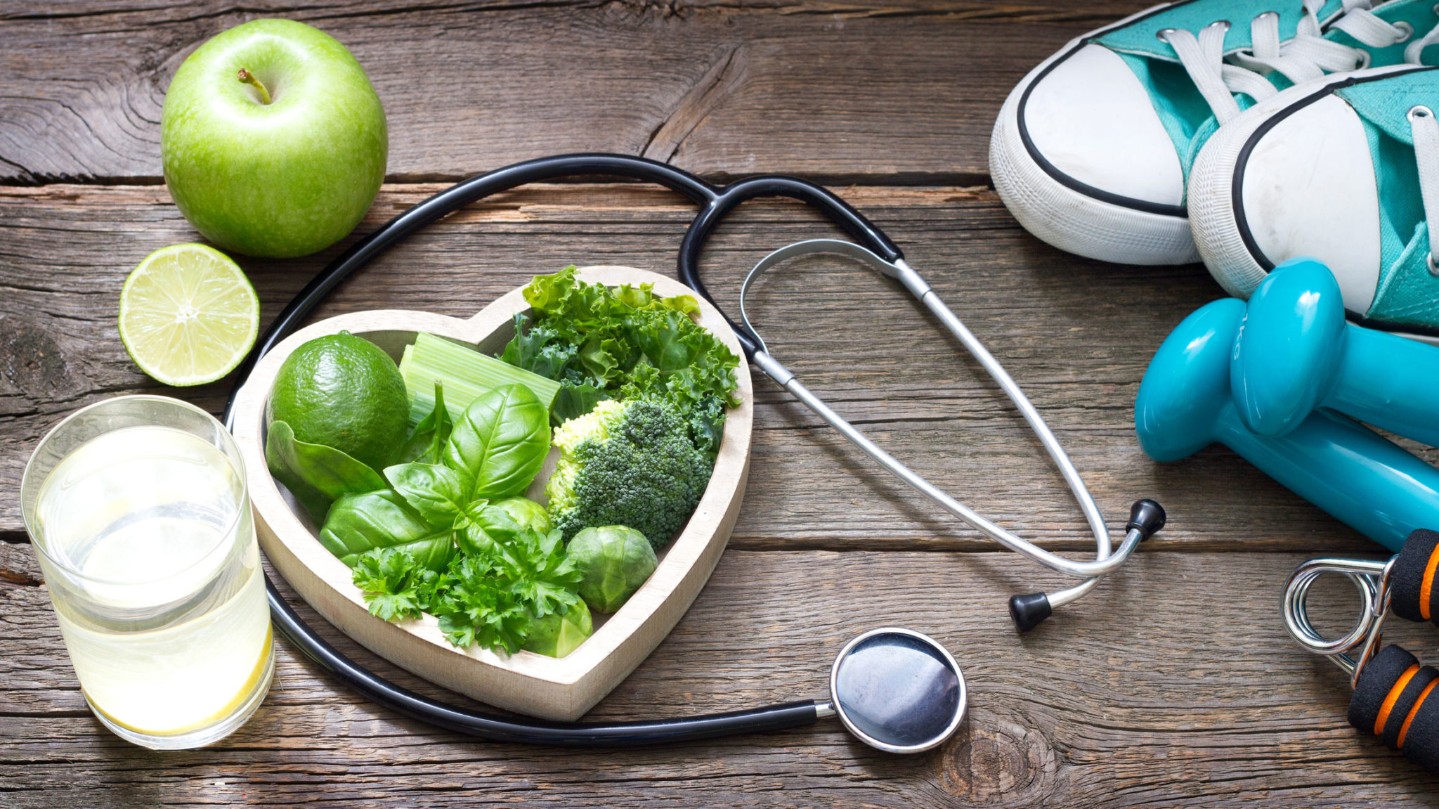Fueling Your Family's Future: A Doctor's Perspective on National Nutrition Month
MAR 01, 2026Good nutrition is about building a foundation for a vibrant, energetic, and disease-resistant life for you and your loved ones.
Read More
It's important to take care of yourself at every age. The healthy steps you take now can make a difference for your aging and the years that follow.
While genetics and family history play a role in what you face during your later years -- particularly Alzheimer’s – the habits you adopt now can make a real difference in your longevity and vitality during the aging process.
In fact, researchers have found even small diet changes, such as eating more fish and whole grains, helped protect brains from dementia. So, what else can you do to help with aging?
Those who did scored the equivalent of 11 years younger on a mental acuity test than those who ate little or none of the leafy stuff, according to a study published in Neurology. It’s also good for your overall health. Tip: Add greens to what you’re already eating. Put them in wraps and on sandwiches. Sneak them into soups and stews. Try a little spinach with your breakfast omelet.
Both can decrease your lifespan by increasing your risk of heart disease and stroke. Find ways to reduce stress and anxiety, such as adding meditation to your daily routine. Tip: Practicing gratitude – writing down what you’re thankful for each day – has been found to decrease feelings of depression and anxiety.
Coffee has been linked to lower risk of heart disease, cancers, brain diseases and type 2 diabetes. Green tea is high in antioxidants and has been show to lower the risk of heart disease and some cancers. Tip: Stop drinking coffee and tea six hours before bed to allow the caffeine to wear off.
Engage in “thinking” activities such as reading, playing an instrument, traveling, playing with grandchildren and doing puzzles. Exercise the body, too. Activity benefits brain cells by increasing blood and oxygen flow to the brain and decreasing inflammation. Tip: Add a new, active hobby to your life such as tennis or pickleball, or a social game like bridge or mahjong.
Beans, peas and lentils help stabilize your blood sugar and reduce risk of some cancers. Tip: Start slow with smaller portions to allow your body to adapt to the increased gas production. You can also add baking soda to soaking beans to reduce how much gas they produce.
Several studies have found that social ties help you live longer, cope better with stress and even cause positive changes in your heart, brain, hormones and immune system functioning. Tip: Be a giver. One study found providing support is even better for you than receiving it.
Whether they’re blue, black, rasp or straw, berries are packed with nutrients and are light in sugar. Nuts have been called nutritional powerhouses for their protein, fiber, antioxidants, vitamins and minerals. Tip: For an energy boost, pair your favorite nut with your best berry. Natural sugars in berries provide quick energy and nuts add a longer supply of oomph.
Nightly rest is essential on a cellular level. Too little sleep can lead to diabetes, heart disease and obesity. If you’re getting less than five to seven hours a night, you have a 12% greater risk of early death. Aim for seven to nine hours a night. Tip: Retire and awaken around the same time each day. This habit has been linked to longevity.
Do the things you’d tell your kids to do. Wear your seatbelt. Use a helmet when bike riding. Don’t smoke and drink less. Tip: More than 75% of falls happen in or close to home. Accident-proof your house by improving lighting, repairing steps, using rubber-backed rugs, adding grab bars and handrails and keeping clutter to a minimum.

Good nutrition is about building a foundation for a vibrant, energetic, and disease-resistant life for you and your loved ones.
Read More
Raynaud's phenomenon is a rare disorder that affects the blood vessels, most commonly in the fingers and toes, but sometimes also in the nose, ears, or lips.
Read More
Winter brings beautiful snowy landscapes and cozy evenings, but the cold, dry air—indoors and out—can be harsh on our hands, leading to dryness, cracking, and even more serious issues like frostbite. Protecting your hands is crucial for comfort and s...
Read MoreWhen you need local health information from a trusted source, turn to the CHI Health Better You eNewsletter.